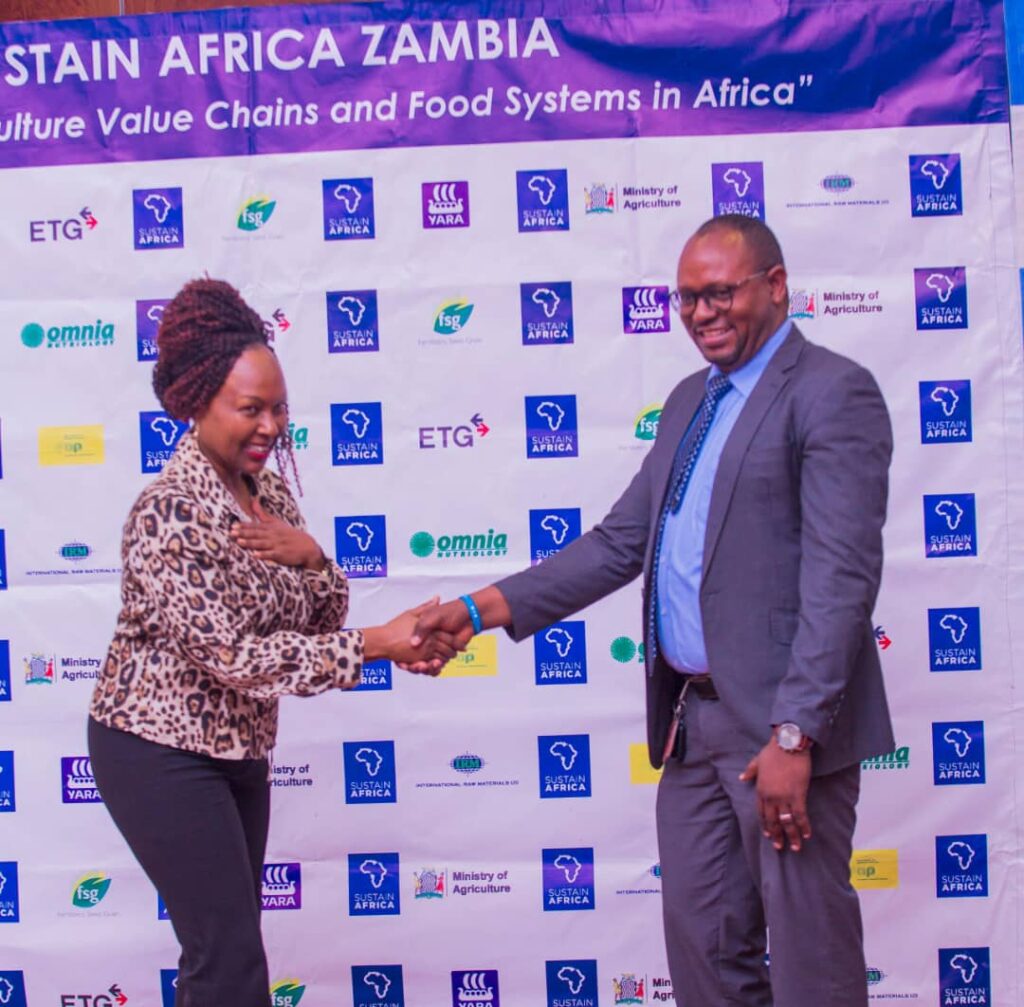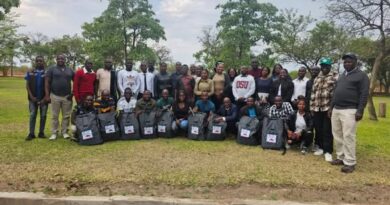Sustain Africa Initiative Achieves Key Milestones Amid Global Crises
At the closure celebration of the African Fertilizer and Agribusiness Partnership (AFAP) held on July 30, 2024, in Lusaka, Ms. Sheila Keino, Vice President of Development Cooperation at AFAP Kenya and Regional Manager for East and Southern Africa/Sustain Africa, discussed the impactful role of the Sustain Africa Initiative.
This initiative was launched in response to the global fertilizer crisis, the COVID-19 pandemic, and the Russia-Ukraine war, aiming to address food security challenges faced by rural communities.
Ms. Keino noted that during these challenging times, access to fertilizer at higher prices was limited, exacerbating the food security crisis in Africa. In response, global partners, including USAID, the African Development Bank, the International Fertilizer Association, the Gates Foundation, and Rabobank, mobilized to offer solutions.
The Sustain Africa Initiative, operational across 11 countries in East, West, and Southern Africa, successfully reached over 2 million farmers within two years. The initiative focused on supplying fertilizers, introducing irrigation methods, and promoting vegetable cultivation, she noted.
Ms. Keino highlighted the initiative’s adaptability and effectiveness in addressing the food security crisis and ensuring that Africa did not face hunger solely due to the fertilizer shortage.
Mr. Gene Phiri, Country Director of AFAP Zambia, reported on the launch of the Sustain Africa Initiative in Zambia on November 3, 2023. He explained that the global fertilizer crisis, along with the pandemic and the Russia-Ukraine war, had severely impacted small-scale farmers, making fertilizer unaffordable and contributing to food insecurity.
In Zambia, AFAP was appointed as the implementer of the initiative, focusing on mitigating the cost of fertilizer in five provinces: Muchinga, North-Western, Northern, Luapula, and Western.
He said that the program aimed to reach 100,000 farmers, offering capacity-building for good farming practices and establishing market linkages to input suppliers at discounted rates. The project also targeted the distribution of 20,000 metric tons of fertilizer.
Mr. Phiri said that the initiative set up 60 demonstration plots across the five provinces, with 10 plots in each province. Training sessions were conducted to educate farmers on improved farming practices and the benefits of enhanced inputs.
He highlighted significant achievements, including interactions with 71,000 farmers and the sale of 17,000 metric tons of fertilizer, thanks to partnerships with Omnia, VARA, and ETG.
Mr. Phiri concluded that the adoption of new technologies by farmers is expected to result in increased production yields, showcasing the initiative’s success in enhancing agricultural productivity and food security in Zambia.



